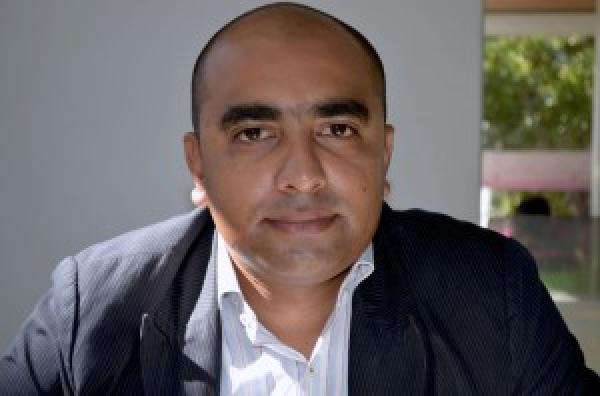Leaked email: companies intended to campaign against government policy

A leaked email shows that a plan for a campaign to scuttle the South African government’s draft intellectual property policy was about to proceed, despite a denial by the pharmaceutical industry that it had approved the campaign.
MSD’s Southern and East African Managing Director, Michael Azrak sent an email on 10 January with the subject line:
ACTION REQUIRED: Agreement to proceed with stage 1 of IP Campaign - DUE by January 15.
Recipients included executives at Merck, Bayer, Astrazeneca, Johnson & Johnson, Bristol Myers Squibb, Eli Lilly and other pharmaceutical companies. The email appears to be part of a discussion taking place within IPASA, the South African research-pharmaceutical industry’s representative organisation. John Fagan of Sanofi, the president of IPASA, is a recipient of the email, as is Pierre Bosch of Alcon and Brian Daniel of Pfizer, also on the IPASA Executive.
Azrak writes that the “overall campaign is aimed at delaying the finalization of the IP policy by the Cabinet until after the 2014 election.” He states that the delay “will provide time to develop a third stage of the campaign: establishing a strong, comprehensive IP policy …”
The five-month campaign would cost about $450,000 (R4.5m). The US based pharmaceutical industry advocacy organisation, PhRMA, would contribute $350,000 and IPASA would give $100,000.
The email says that Abdul Waheed Patel (see photo) of the Cape Town based company ETHICORE Political Consulting “may be the local partner.”
It also says, “As we agreed at our last board meeting, we have moved ahead in identifying a high calibre consultancy group to work with us. The group selected is Public Affairs Engagement (PAE), a Washington DC based team led by former US ambassador James Glassman. The group was selected after a detailed process …”
Azrak says that a key element of the campaign was to “Mobilize voices inside and outside South Africa to send the message that the proposed IP policy threatens continued investment and social well-being.” He explains that the mobilization will be “energetic” and “feel like a political campaign.”
For historical reasons mainly related to the development of the mining industry, South Africa’s intellectual property protection laws are stringent even by international standards. The government has therefore released a draft framework for a new intellectual property policy, which among others things, may make it easier for generic medicines to be brought to market, which organisations like PhRMA and IPASA oppose.
On Friday the Mail & Guardian reported that PAE had written a proposal for PhRMA and IPASA to undermine the draft policy.
The PAE proposal says, “Push back against MSF [Medecins Sans Frontieres] and other NGOs as appropriate. … Repudiate their claims but be conscious that we do NOT want a debate over individual drug prices to become the focal point of the campaign.” It also says, “Develop pressure from outside South Africa.” It proposes holding public conferences in Europe and Asia with “industry, academic, and financial leaders to express concern about the direction in which South Africa is headed.” (All emphasis as in the original email.)
PAE’s proposal has been called a “plot” and vehemently criticised by Health Minister Motsoaledi, the Treatment Action Campaign and the Nobel Peace prize winning MSF. IPASA subsequently denied that the plan had been adopted, but the tone and content of Azrak’s email sent on 10 January shows that the campaign was about to be set in motion.
His email calls for assent to stage one of the plan by 15 January, but says, “If I do not receive a response from you, then we will assume you and your Global organisations are in agreement with moving ahead with Stage 1. I’m sure you can sense my urgency; however we have been successful to date as we have maintained our momentum. We can’t afford to wait until February to get this campaign moving. The first four weeks will be crucial in setting the foundations for a very successful outcome.”
Support independent journalism
Donate using Payfast

Don't miss out on the latest news
We respect your privacy, and promise we won't spam you.
Next: Understanding the Khayelitsha Commission of Inquiry
Previous: Sick mine workers neglected - time to compensate them

This article is licensed under a Creative Commons Attribution-NoDerivatives 4.0 International License.
